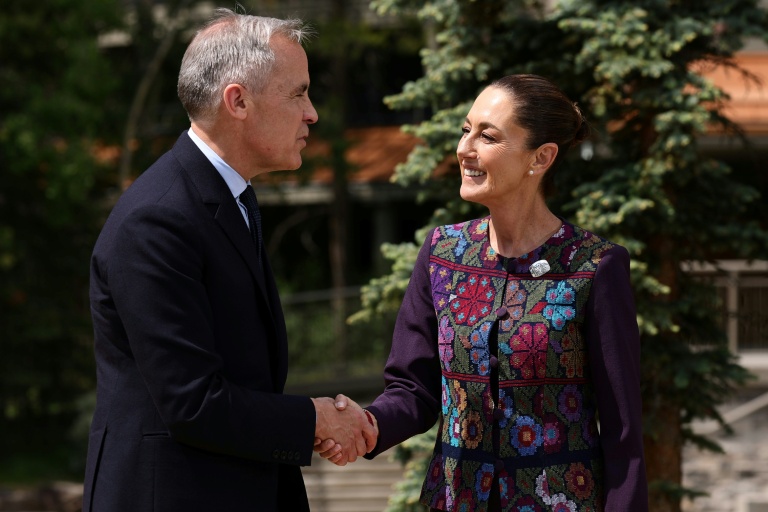
Almost a decade on from Carla Simón’s striking “Summer 1993”, which amassed three Goya Awards, five Gaudí Awards, won best first feature at Berlin, and the Golden Biznaga in Málaga, Catalonia continues to prove itself a leading European talent export. Simón went on to win the coveted Golden Bear with her sophomore feature “Alcarrás” in 2022 and, just a year later, another Catalan production made waves in Berlin, with Estibaliz Urresola Solaguren’s feature debut “20,000 Species of Bees” winning the Silver Bear for best leading performance.
Simón swapped Berlin for Cannes this year, where “Romería” played in competition alongside another significant Catalan production in Oliver Laxe’s “Sirât.” The latter won the Jury Prize ex-aequo, secured U.S. distribution by major powerhouse Neon, and has recently been selected as Spain’s entry for the best international feature Oscar. But, while established young Catalan talent continues to rise, 2025 brought yet a new crop of directors to watch.
Lucía Aleñar Iglesias’ Catalan production “Forastera” just won the Fipresci Prize for Emerging Filmmakers in Toronto, and joins recent successful debuts such as Eva Libertad’s “Deaf,” which won the Audience Award in Berlin and Gemma Blasco’s “Fury,” which won three major prizes in Málaga. Such success signals a strong new generation of filmmakers — many openly inspired by Simón.
Clara Serrano Llorens, director of “The Imminent Age,” tells Variety she was “lucky” to have incredible tutors like Simón at the prestigious Pompeu Fabra University, where she met her fellow collaborators at Col·lectiu Vigília. “Seeing other films coming up out of final degree projects makes it seem like it can also be a possibility for you and your colleagues,” she adds. “That was something that helped us a lot, having references that came from the same place.”
Collective member Pau Vall Capdet, who is the producer and cinematographer behind the San Sebastián entry, echoes his collaborator. “It’s not a conventional film school. We’ve had complete creative freedom and didn’t have to go through the traditional process of pitching within the university. It was a more creatively enriching process, and we didn’t have the pressure of having to be successful or make something that would make money. As a public institution, they want students to make what they want to make. That means lots of resources, and explains why so many interesting films can come out of it. People feel empowered.”
“Fury” director Blasco is another one to praise the references that have paved the way for this new generation. She tells Variety that it is “clear” how “Catalonia has a very strong industrial and cultural muscle in the film industry” and is developing “a crop of directors who have had [strong] role models.”
“I feel like we’re taking great care of the films from the beginning of the development process,” she continues. “Finding mentors, people who will accompany us throughout the process, helping each other… And one very important thing: we’re taking great care in choosing who we want to produce our film. There’s a generation of producers, mostly very young, who are taking great care of and supporting debuting directors, and that way of working is reflected in the film’s results. In my case, it was Mireia Graell of Ringo Media.”
Blasco echoes Capdet in saying it is “remarkable” how much creative freedom there currently is in Catalonia. “Very different debuts are emerging, where each director can explore their own perspective, with their own particularities, without the pressure of having to fit a specific mold. I think it’s a very good sign of where we are as a Catalan industry.”
“It’s a really wonderful moment, and I think one key element for all these interesting films coming out of Catalonia is that funding has increased,” adds Capdet. “People who actually didn’t have access to it before are now more likely to be able to fund their films, even if it takes a few years. Our film fund is already a global example; it works for even very small films like ours. Success really depends on the support of public industries.”
Blasco also praised Catalonia’s continuous institutional support, saying the region has “a strong commitment to independent cinema.” “I feel privileged to be eligible for these financing options.”
Iglesias believes the success of Catalan films comes from specificity. “These films stand out because they are leading us through stories with intention and through a specific perspective,” she adds. “I think audiences appreciate that. Catalonia really champions diverse talent, and you see that in how different the films that are coming out are.”
The “Forastera” director praised her Catalan crew, such as producers Marta Cruañas, Ari Dot, and Tono Folguera, and cinematographer Agnès Piqué Corbera. “I cannot speak of myself as a Catalan director because I am from Madrid, but I have felt very welcomed by the Catalan film community, and it’s very exciting to see the variety of voices coming from this generation of artists.”
While 2025 is still underway in terms of strengthening Catalonia’s talent export position, 2026 already seems promising in terms of continuing this tradition of new talent, especially female talent, to watch. Films in the pipeline include first features by Goya-winning Irene Moray in “Sealskin” and Júlia de Paz’s follow-up to her Málaga-winning debut “Ama” in “The Good Daughter.”



